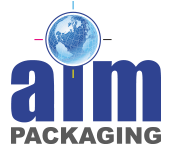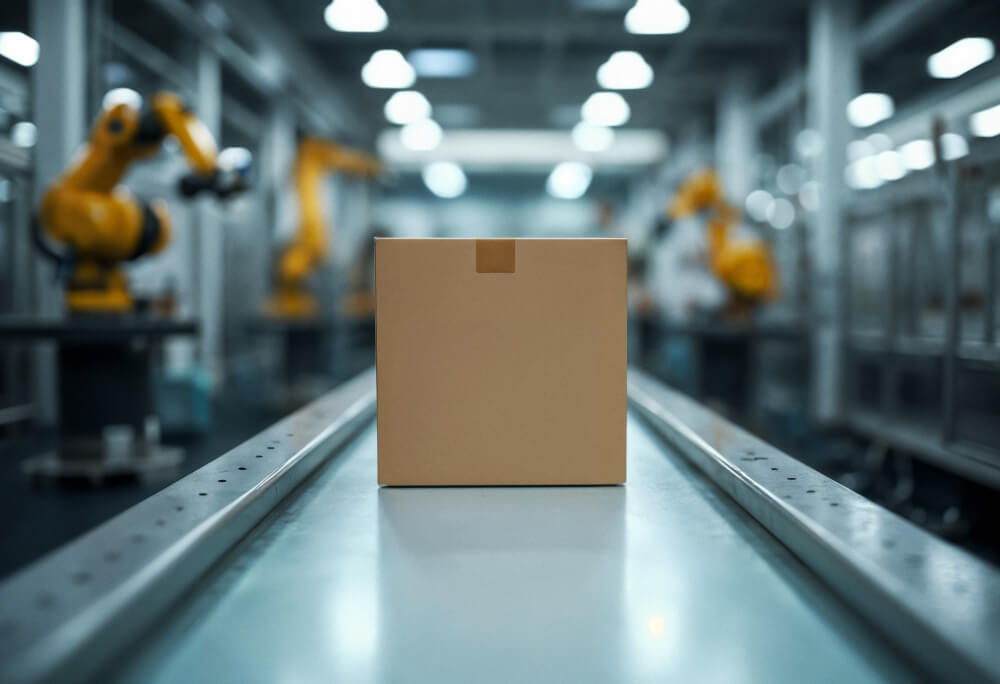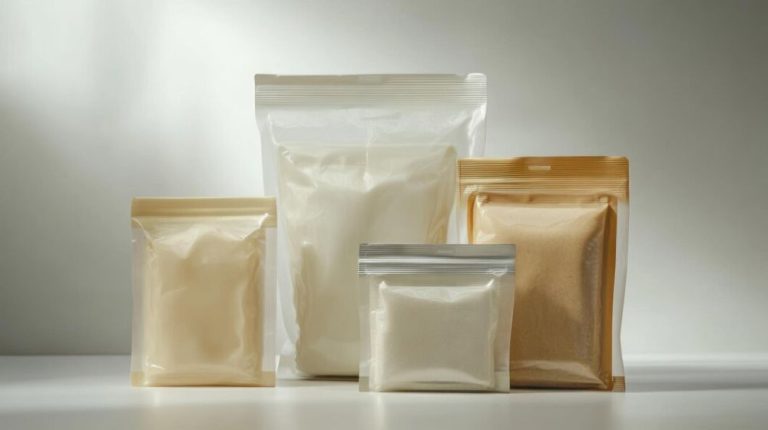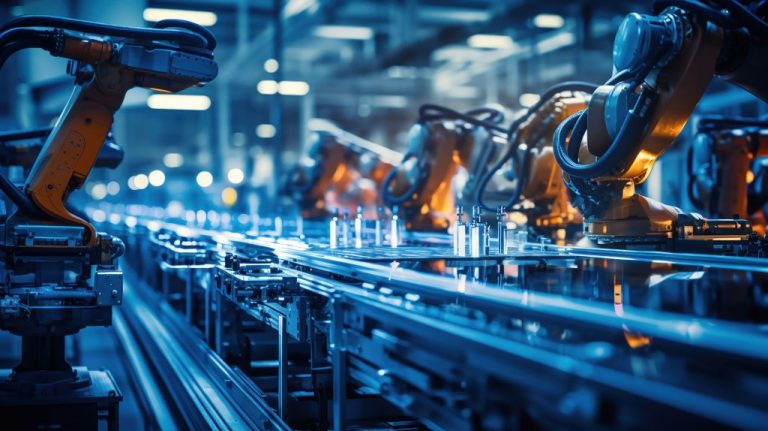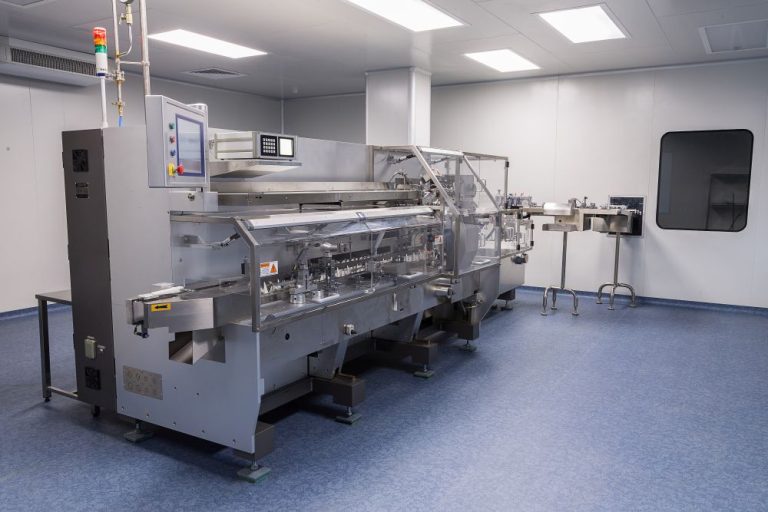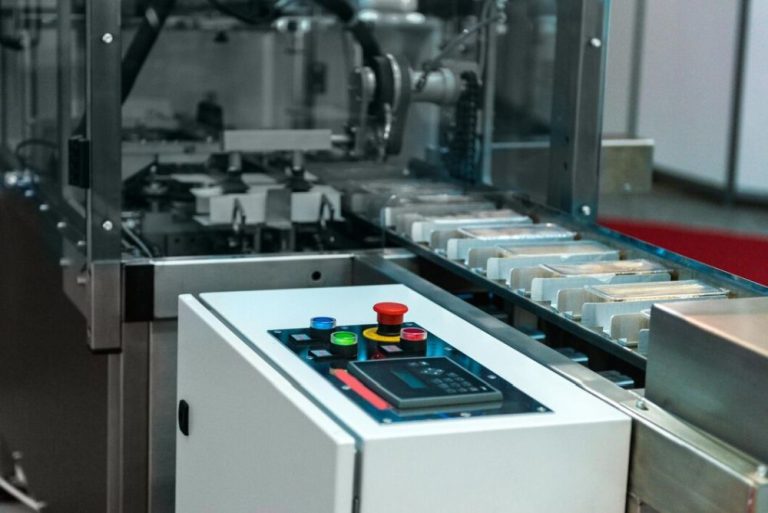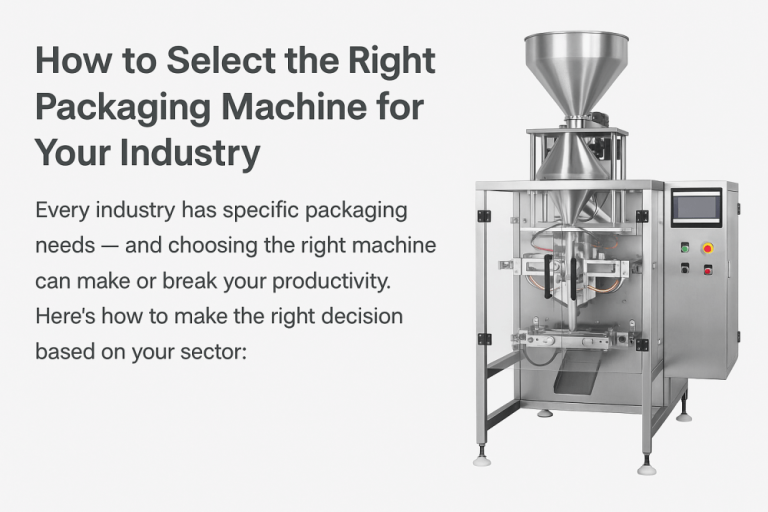Introduction
Automation is rapidly transforming the packaging industry. With rising labor costs, growing demand for faster production, and increasing quality standards, businesses are turning to advanced technologies to stay competitive.
- AI and Machine Learning in Packaging
Artificial intelligence is now being used to optimize packing speed, detect faults in real time, and reduce waste. Machines can learn and adapt to new packaging formats without manual adjustments, increasing productivity. - IoT and Smart Packaging Lines
Internet of Things (IoT) sensors are helping manufacturers monitor equipment performance, detect potential breakdowns before they happen, and streamline maintenance schedules. This reduces downtime and boosts efficiency. - Integration with ERP and MES Systems
Modern packaging lines are being connected to enterprise software. This integration enables real-time data flow, better inventory management, and accurate production planning. - Sustainable Packaging Solutions
There’s a growing demand for machines that support eco-friendly materials. Many companies are now using biodegradable films, recyclable packaging, and energy-efficient machines to meet sustainability goals. - Robotics and Collaborative Systems
Robots are being used for packing, palletizing, and sorting. Cobots (collaborative robots) are especially popular in small and mid-sized plants, where they work safely alongside human operators.
Conclusion
The future of packaging lies in smart automation. Companies that invest in AI-driven, connected, and sustainable technologies are not only reducing costs but also improving product quality and customer satisfaction. Staying updated with these trends is essential to remain competitive in the packaging industry.
